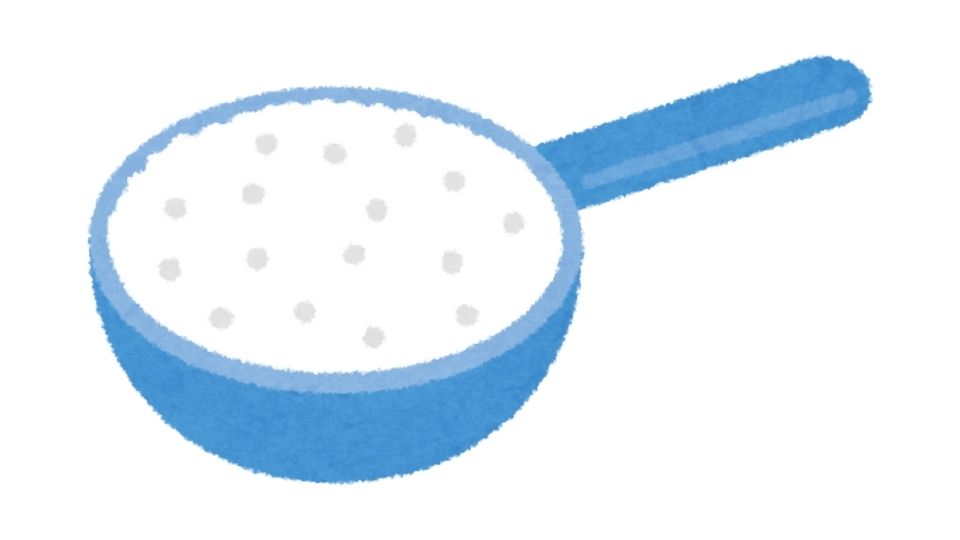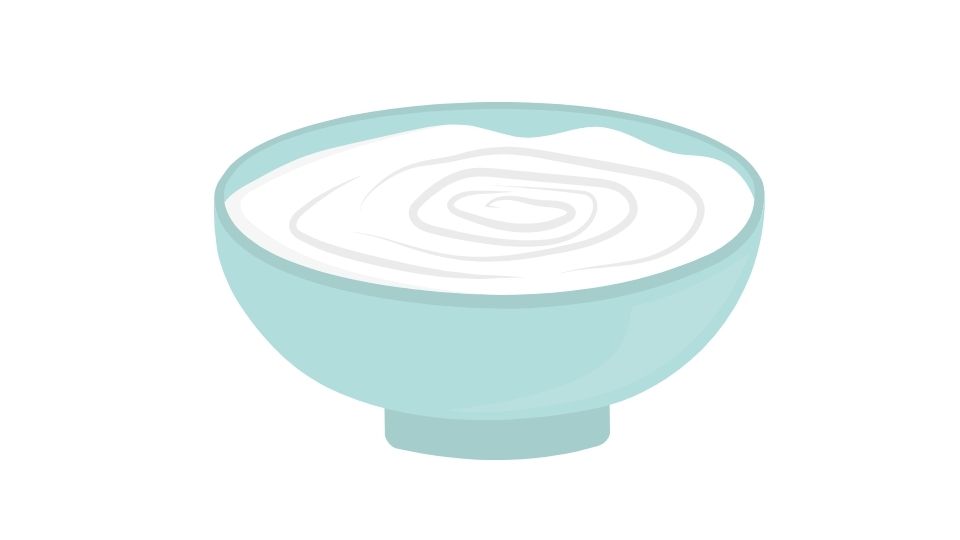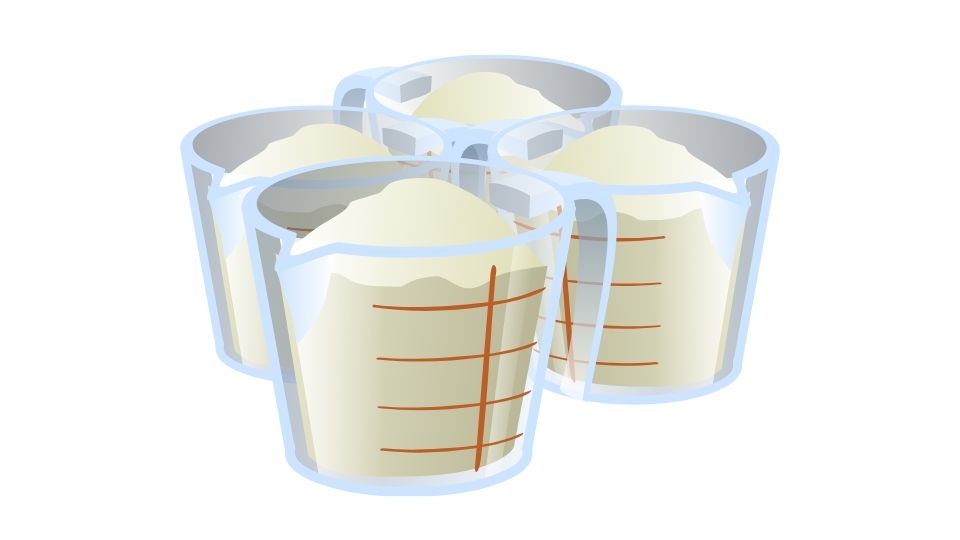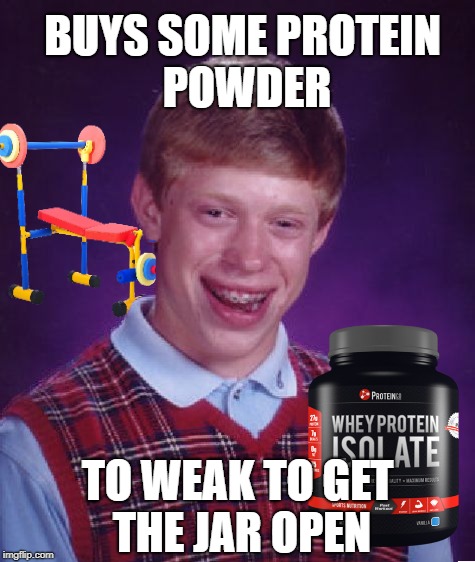Is Protein Powder Bad for You? Breaking Down the Myths

Is protein powder bad for you? Well, it’s complicated. Like many things in nutrition, the answer isn’t black and white – it’s more like fifty shades of whey.
Protein powder can be a convenient tool for muscle recovery, hitting your daily protein targets, and supporting overall nutrition. But there are some potential downsides worth knowing about, from digestive drama to heavy metal concerns.
Let’s break down what science says about those protein shakes – without the marketing hype or fear-mongering.
The Protein Powder Paradox: Benefits vs. Risks
Benefits: Why People Love Their Protein Shakes

Let’s start with the good stuff. Protein is the building block of muscle tissue and essential for countless bodily functions. When you’re hitting the gym hard, recovering from injury, or just struggling to get enough protein from food alone, powder can help.
Some solid benefits include:
- Fast absorption (especially whey isolate)
- Convenience for busy lifestyles
- Complete amino acid profile (in most animal-based options)
- Post-workout recovery support
- Appetite control if you’re trying to manage weight
For athletes, older adults losing muscle mass, or people with increased protein needs, these supplements can be genuinely useful. Research shows whey protein is particularly effective for muscle protein synthesis thanks to its leucine content.
The Dark Side: Potential Risks and Concerns

1. Digestive System Rebellion
If you’ve ever experienced the dreaded “protein farts,” you know what I’m talking about.
Many digestive issues with protein powder come from:
- Lactose intolerance (especially with whey concentrate)
- Milk protein allergies (some people react to whey proteins)
- FODMAPs in certain protein sources
- Artificial sweeteners that can cause GI distress
The symptoms aren’t fun: bloating, gas, cramping, and even diarrhea. For some, switching to a lactose-free whey isolate or plant-based option solves the problem. Studies indicate that up to 20% of protein powder users report some digestive discomfort.
2. Heavy Metal Contamination
This one’s concerning. Consumer Reports and other organizations have found alarming levels of heavy metals in many protein powders – both animal and plant-based varieties.
A comprehensive analysis found:
- Lead, cadmium, arsenic, and mercury in numerous products
- Plant-based proteins often had higher contamination levels
- Chocolate-flavored products typically contained more metals than vanilla
These metals can accumulate in your body over time and are linked to serious health issues like kidney damage, cognitive problems, and even cancer.
3. Your Poor Kidneys and Liver
The old “protein hurts your kidneys” debate has been around forever. Here’s what we actually know:
- In healthy people, moderate increases in protein intake don’t appear harmful
- Those with existing kidney disease should be cautious with high protein intake
- Your liver processes protein’s nitrogen content, which means extra work
One review study concluded that while concerns for healthy individuals are likely overblown, there’s still insufficient research on long-term, very high protein intake.
4. Hormonal Effects and Acne
Ever notice breakouts after starting protein supplements? You’re not imagining it.
- Whey protein can increase insulin-like growth factor-1 (IGF-1)
- This hormone may increase sebum production and inflammation
- Some users report mood changes potentially related to tryptophan competition
The acne connection is particularly well-documented with whey protein. If you’re prone to breakouts, this might be something to watch for.
5. Gut Microbiome Changes
Your gut bacteria don’t exist in isolation – they respond to what you eat. High protein diets, especially from supplements, can alter your gut microbiome.
This can lead to:
- Increased production of potentially harmful metabolites
- Changes in bacterial diversity
- Possible long-term effects we don’t fully understand yet
Your gut is connected to everything from immune function to mental health, so these changes aren’t trivial.
Making Smart Protein Choices

Quality Matters – A Lot
Not all protein powders are created equal. The supplement industry has minimal regulation, which means you need to be your own quality control department.
Look for:
- Third-party testing (NSF Certified for Sport, Informed Choice)
- Transparent ingredient lists (fewer additives is generally better)
- Appropriate processing methods (cold-processed tends to preserve protein quality)
- Heavy metal testing results (some companies publish these)
Finding Your Protein Sweet Spot
More isn’t always better. Most people need about 0.8-1.2 grams of protein per kilogram of body weight daily. Athletes might go up to 1.6-2.2g/kg.
Exceeding these amounts:
- Doesn’t provide additional muscle-building benefits
- May increase strain on your body’s systems
- Could displace other important nutrients
Think of protein powder as a supplement to food, not a replacement for it.
Listening to Your Body
You are your own best laboratory. Pay attention to how different proteins affect you:
- Digestive comfort
- Skin changes
- Energy levels
- Recovery quality
If whey causes problems, try egg white, pea/rice blends, or other alternatives.
The Bottom Line: My Take

Protein powder isn’t inherently “bad” or “good” – it’s a tool that can be used wisely or poorly.
After looking at the research, here’s my approach:
- Use quality products from companies that test for contaminants
- Cycle between protein sources rather than using the same one constantly
- Prioritize whole foods first, supplements second
- Don’t exceed realistic protein needs based on your activity level
- Consider breaks from supplementation periodically
I think the sweet spot is using protein powder as a tactical supplement – not as a daily religion. Your body was designed to process food, not powders.
Remember, the healthiest societies in the world achieved remarkable longevity without ever touching a protein shake. That doesn’t mean protein powder is harmful, but it does suggest it’s not essential for health.
Use it if it helps you, ditch it if it doesn’t, and always prioritize a varied diet of real foods first.

